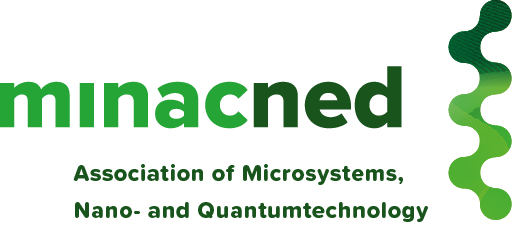The 4 technical universities (4TU), including the University of Twente and WUR, are joining forces with three medical academic centers and venture investor Innovation Industries to bring medical technical (medtech) solutions to the market faster. This week, the Ministries of EZK and OCW awarded 8 million euros to the medtech consortium from the Thematic Technology Transfer (TTT) scheme. This TTT scheme is best practice in Europe in the field of support for spin-offs, incubators and universities. The consortium aims to further expand the good international position of the Dutch medtech sector.
This TTT scheme is best practice in Europe in the field of support for spin-offs, incubators and universities. The consortium aims to further expand the good international position of the Dutch medtech sector.
Technological innovations are desperately needed to keep healthcare affordable, qualitative and manageable in the long term. However, the route to the market is very complex and difficult for medtech spin-offs. The Knowledge Transfer Offices (KTO) of TU Delft, TU Eindhoven, University of Twente and Wageningen University & Research, together with the KTOs of Erasmus MC, RadboudUMC and Maastricht UMC, and VC fund Innovation Industries, are building a national and open program.
Less downtime and faster to the market
“The initiative for this application comes from 4TU, with the University of Twente as lead party,” says Roy Kolkman, Manager of the KTO of the University of Twente. “With this investment we lay an excellent foundation for the medtech spin-offs in the Netherlands. By enriching the breeding ground with the right knowledge and expertise, the chance of failure is smaller and the time-to-market is shortened. ”
Better propositions
“By joining forces between UMCs and TUs, we arrive at strong propositions,” says Thijs Spigt, KTO director of Erasmus MC. “The knowledge and experience within the consortium ensures faster validation and a better business proposition. Extensive attention is paid to clinical demand, technical feasibility and business development. ”
Expansion of leading position
“The Netherlands is a frontrunner in the development of new technologies. However, bringing it to market is a major challenge. We invest in this consortium and do everything we can to make it a success. In addition to capital, we make an important contribution with our knowledge, experience and network, “says Pleuni Hooijman, fund manager at Innovation Industries.”
Source: Health Valley news

